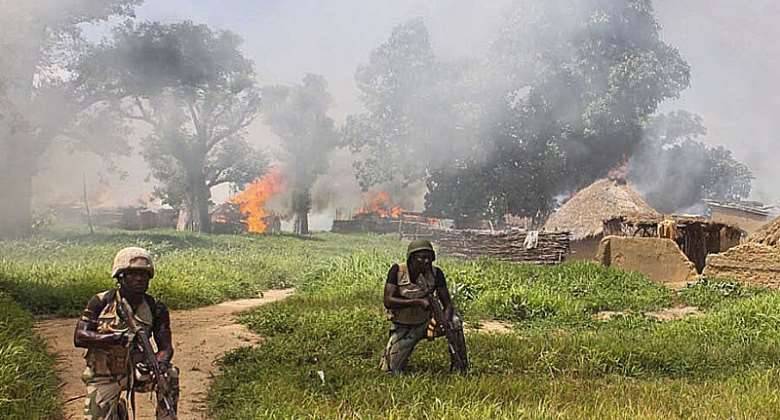The Bawku chieftaincy conflict.
The Bawku chieftaincy conflict, one of Ghana’s most prolonged and complex conflicts, revolves around traditional leadership and ethnic tensions in the Bawku area of the Upper East Region. This conflict is rooted in historical, ethnic, and political dynamics that continue to fuel tension among different groups, with recurring violence and disputes that have left the region in cycles of unrest.
Historical Background
The Bawku chieftaincy conflict primarily involves two major ethnic groups: the Kusasis and the Mamprusis. The origins of the conflict date back to colonial times, when the British colonial administration favored the Mamprusis as the rulers of Bawku. This decision placed the Mamprusis in positions of power and authority over the Kusasis, creating an ethnic hierarchy in the region. However, after Ghana gained independence in 1957, this arrangement came under scrutiny. During the administration of Ghana’s first president, Dr. Kwame Nkrumah, there was an attempt to redress these historical imbalances by recognizing the rights of the Kusasi people. In 1958, the Kusasi chief, or “Bawku Naba,†was formally recognized, leading to tension as the Mamprusis felt displaced.
The Dispute Over Traditional Leadership
At the heart of the Bawku chieftaincy conflict is the contest for the title of Bawku Naba, the paramount chief of the Bawku Traditional Area. The Kusasis argue that they are the rightful custodians of the land and, therefore, the legitimate rulers of Bawku. The Mamprusis, on the other hand, contend that their historical leadership, reinforced by the British colonial administration, entitles them to the chieftaincy position. This dispute has led to longstanding contention over who should be recognized as the legitimate chief, with both groups making claims based on historical and cultural justifications.
This contest for legitimacy is not simply a local issue but has garnered national attention, with various governments in Ghana taking steps to address it. Political administrations have often intervened, sometimes in favor of one group over the other, which has occasionally escalated the tensions.
Political and Ethnic Dimensions
The Bawku chieftaincy conflict is more than a traditional leadership dispute; it is also intertwined with ethnic identity and politics. The Kusasis and Mamprusis have distinct cultural identities and languages, which add to the complexities of their interactions. Additionally, the conflict is periodically exacerbated by national political dynamics, as some political leaders and parties have tended to align themselves with one of the two groups to gain support in the region. These political alliances often aggravate the conflict, as each group looks to their political allies for validation and support in the chieftaincy dispute.
Socio-Economic Impact
The Bawku chieftaincy conflict has taken a significant toll on the socio-economic development of the area. Prolonged periods of unrest have disrupted education, healthcare, and local businesses. Many residents have had to flee the area due to the violence, leading to displacement and poverty. Farming and other economic activities have also been disrupted, which has affected livelihoods and increased the region’s economic challenges.
Efforts Toward Resolution
Numerous attempts have been made to resolve the Bawku chieftaincy conflict. Government interventions, traditional arbitration, and mediation efforts by peace-building organizations have all been undertaken. However, these efforts have met with limited success, as the root issues of ethnic identity and traditional authority remain deeply entrenched. In recent years, there have been renewed efforts to bring both groups to the negotiating table to foster dialogue and find a lasting solution. The government has imposed curfews and increased security presence in the area to reduce violence, but these are often temporary measures that do not address the underlying issues.
Conclusion
The Bawku chieftaincy conflict remains a challenging issue in Ghana, with deep-rooted historical, ethnic, and political dimensions. Although efforts have been made to mediate and promote peace, a long-term solution requires addressing the complex issues of identity, traditional authority, and fairness. Only through continued dialogue, mutual respect, and compromise can the people of Bawku hope to achieve lasting peace.



No comments yet
Be the first to share your thoughts!